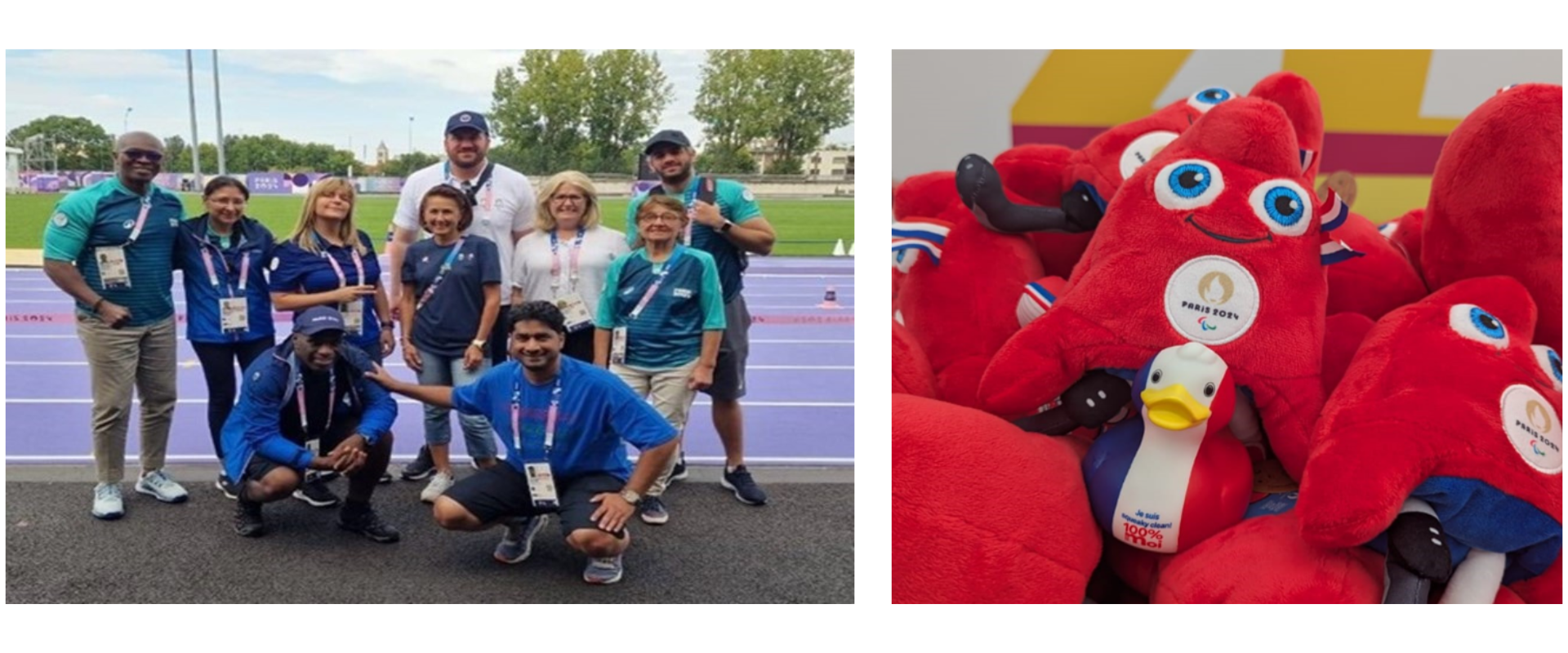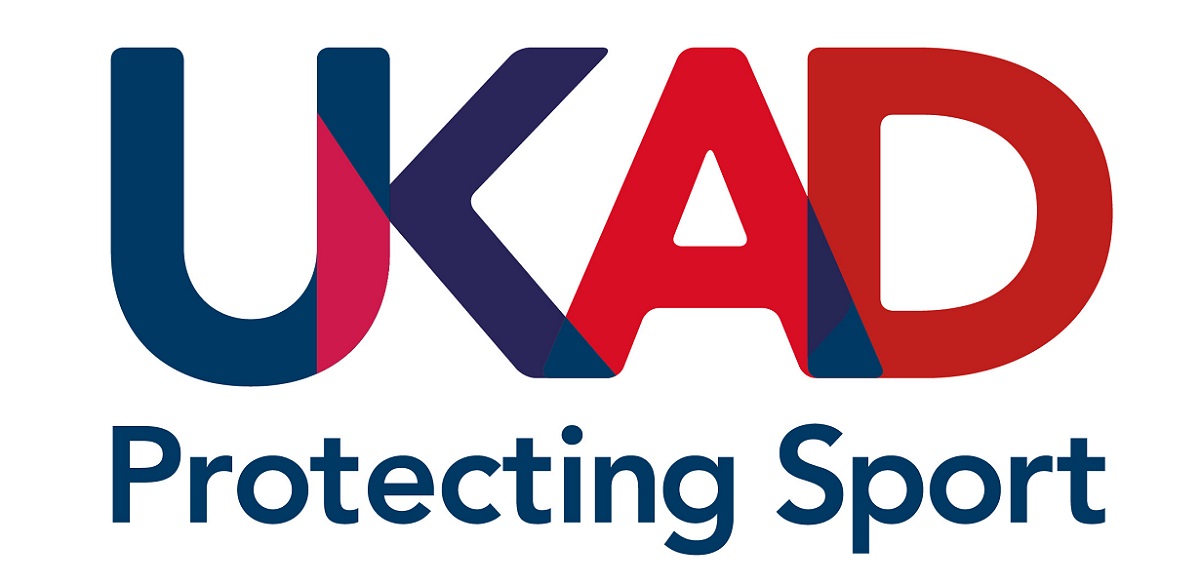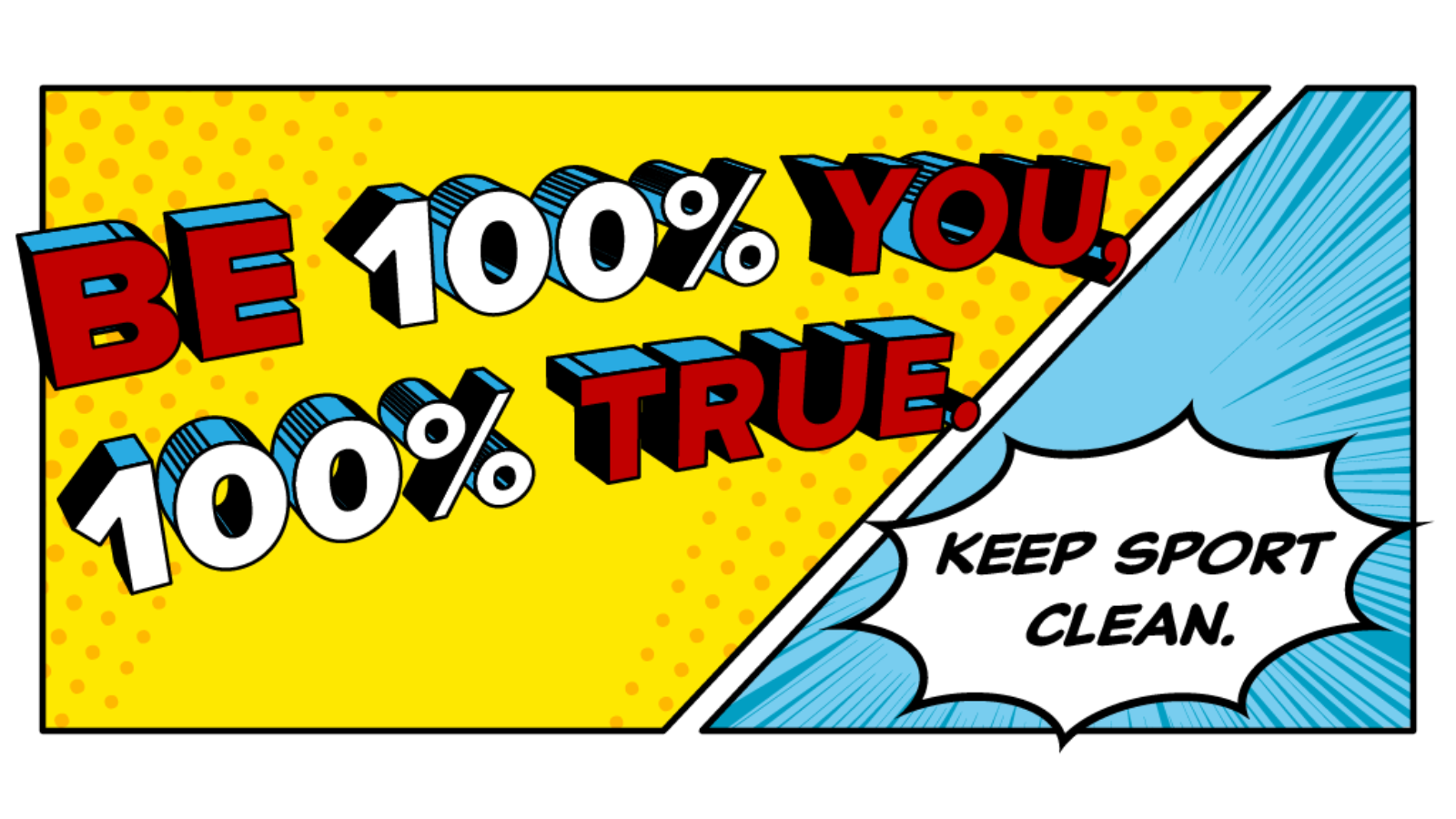Anti-Doping: What it's like to work at an Olympics and Paralympics
Blog: Twenty-three members of UK Anti-Doping's (UKAD) Doping Control Personnel (DCP) and three members of its Testing Team were present in Paris to support the International Testing Agency and International Paralympic Committee with their testing programmes for the Olympic and Paralympic Games this summer. We caught up with Brian, John and Amanda of UKAD’s DCP to hear about their experiences at Paris 2024.

Hello everyone and welcome back to UKAD. What an exciting summer of sport it has been for fans watching back home and for everyone in anti-doping working for clean sport. How long have you been a DCO for and what was your experience of the Games?
Brian – I've been a DCO since 1991 and worked at many major Games before. The Paralympics was brilliant. I was very glad to get my sleeves rolled up. Each morning, I was knocking the door at 6:00am sharp. Some mornings we collected upwards of 55 samples, so that's a good shift. It was a very stimulating, very interesting experience as a member of the team.
John – I've been a DCO since 2011. Working at Paris was a fantastic experience. Every time France as a nation were doing well, the atmosphere at all the stadiums, was rocking. To be a [doping control] station manager in such historic places, such as the Grand Palais, was amazing.
Amanda - I've been a DCO for about 18 years and more recently a UKAD National Trainer. The locations of doping control stations are never normally glamorous, but as you came out of the door from mine, the Eiffel Tower was just behind it. It was lovely and at night when you finished late, the tower was all lit up and twinkling.
What roles did you take on at the Games?
Brian - I took part in both the Olympics and Paralympics. I was also part of the doping control team for when athletes arrive at the village. For me, that’s the really sharp end of the anti-doping programme, welcoming the athletes in and if needed, offering our anti-doping experience.
John - I performed the role of doping control station manager, as well as that of chaperone coordinator. It was so nice to meet other international DCO’s from all around the world. Some of them I had met previously at the Olympic Games, and it was good to meet up with them again. Everybody was enthusiastic, everybody wanted the Games to be a success, which of course it was.
Amanda – I was part of the pre-Games education in my role as a National Trainer and I went to Paris as part of the DCP for the Paralympics. My role was a venue station manager as well as a chaperone team leader. Once the Games started, I was stationed at wheelchair rugby and judo.
Amanda, you must have some interesting experiences from both the education and testing side of anti-doping - what were some of the common questions that came up in Paris from the education sessions?
Amanda – During UKAD’s scenarios based education with athletes, we would go through scenarios like, what would you do if you had a knock on the door at the village? 5:30, 6:00 in the morning? I always used to emphasise to make sure you know your rights during testing, including where your representative is so you don't just come along by yourself in your pyjamas thinking, oh my goodness, what's going on? So in my DCP role, I remember one morning in Paris, a lot of athletes from one GB team were called in after 5am in the morning for testing. Well, I noticed they all came with their rep [representative]. So that showed me that what we had said in the education was really good advice.
I also recall some para-athletes on the education programme were apprehensive about being tested because their disability can make it more challenging for them. On the first day in Paris, the DCP for the Paralympics received training on the support and modifications available to para-athletes. We [the DCO’s] were reminded that testing ‘will take as long as it takes’ to ensure every athlete can provide a sample. I thought that was reassuring.
A key question, but why is an effective anti-doping programme so crucial at the Olympics and Paralympics?
Brian - I've always watched the Olympics and to have the opportunity to go is brilliant, but to have the opportunity to help show that it's fair play is fantastic. It matters to me personally to help people in team sports to know that their competitors are clean and they're playing against people who have no unfair advantage. I'm very proud to be chaperoning people, giving them a good experience. And then the samples being processed with quick prompt care to a quick, prompt laboratory. That's a good experience and I think one I should be proud of.
John - Clean sport is a level playing field and I want everybody to succeed with the same effort and same success. It's important that we have this in place.
Amanda - I always say in the education sessions, as long as you've done everything you possibly can, you're walking in there [doping control] knowing you're clean and you're just supporting clean sport then you don't worry about it. Anti-doping is not there to catch you out. Support your sport. And that's why we do it, isn't it? That's why it's so important to be there.
What advice have you learnt in your years in the DCP? What would you say to someone who is just starting out in the role?
Brian – Be people focussed. Testing is about the athlete. It's their experience. Get them through doping control quickly. Get them through politely. Get them through thoroughly within the standards. It’s always about listening to the athlete, seeing how they need to be directed through your process and being flexible to change how you deliver care to that person at that moment.
You also have to remember how the athlete may be feeling. I did some in-competition testing at the Paralympics. I tested athletes who were disappointed with their result and so that would put a little bit of a different demand on my personal skills requiring me to have a little bit of a quieter demeanour and more humility.
John – There were so many volunteers [in Paris]. I believe being a chaperone at a major event is a privilege and the best volunteer job going. It gets you so close to the events and the athletes. It can also be a great introduction into the workings and understanding of anti-doping in sport. I was very lucky to get involved with six different sports, which can be complex, but as you know, all the doping control procedures are the same.
Amanda - Be very confident that you know what you're doing and stick to the procedures. DCP must be friendly, but not too friendly. We have to be professional, confident and make sure we know the procedures well and carry them out.
[ENDS]
Notes: UKAD provided education to over 937 GB athletes and support personnel for Paris 2024. Alongside other National Anti-Doping Organisations and International Federations, UKAD tested Team GB and ParalympicsGB athletes as a collective more than 2,000 times in the 12 months leading up to the Games. Anti-doping is a vital operation to support a level playing field in elite sport. If you enjoyed this blog, find out more about what UKAD and our partners do, and how to get involved in the Doping Control Team. Visit www.ukad.org.uk.


